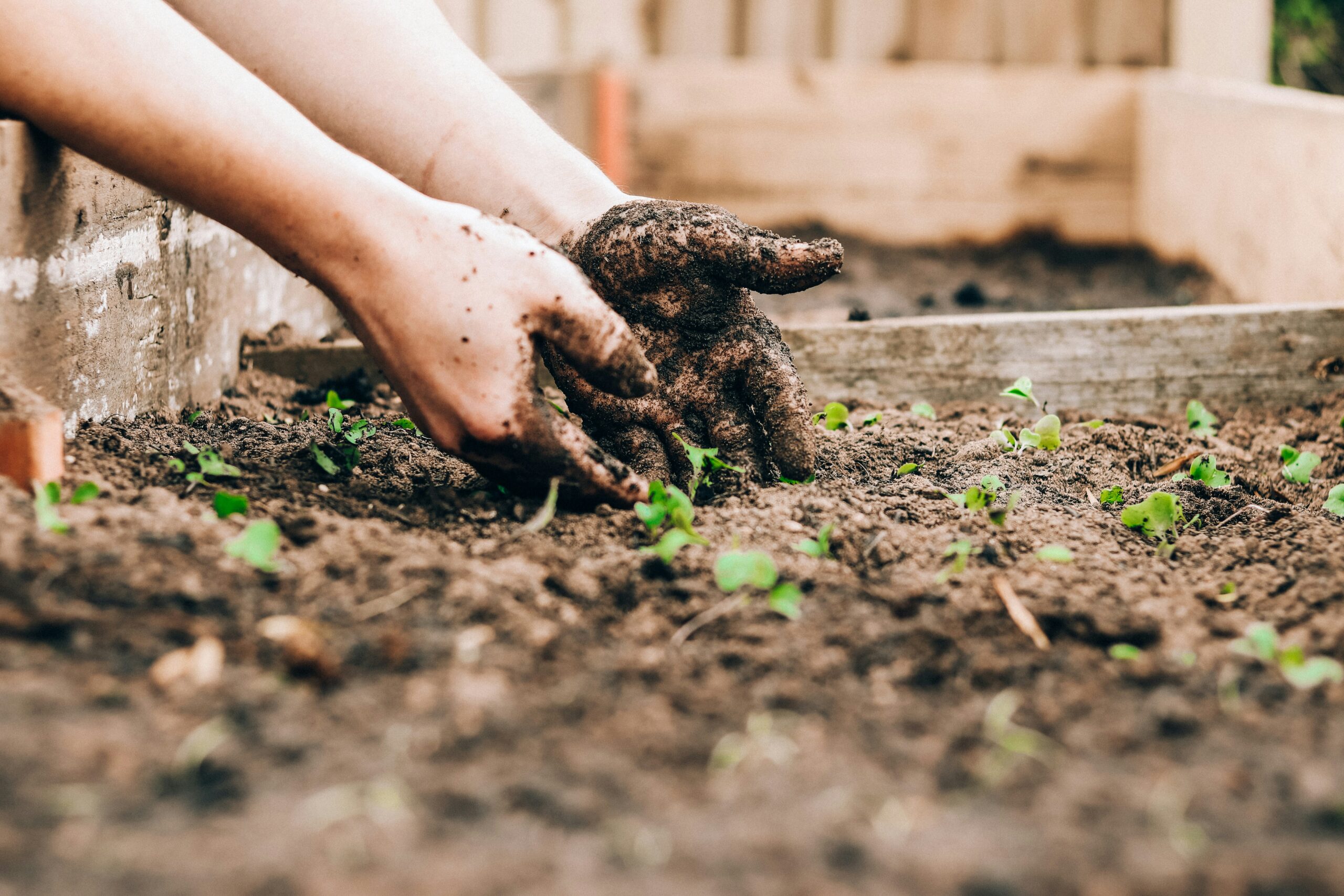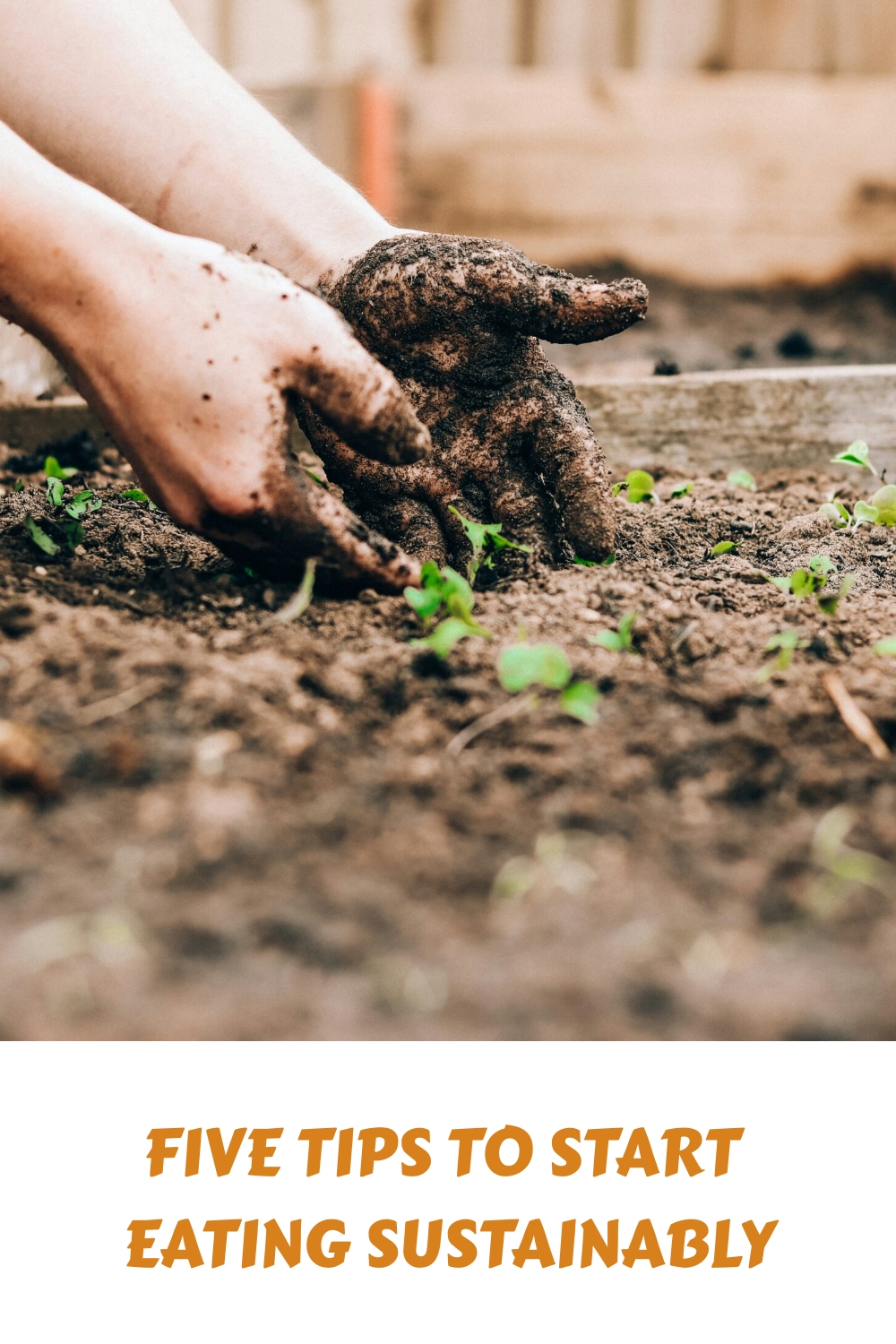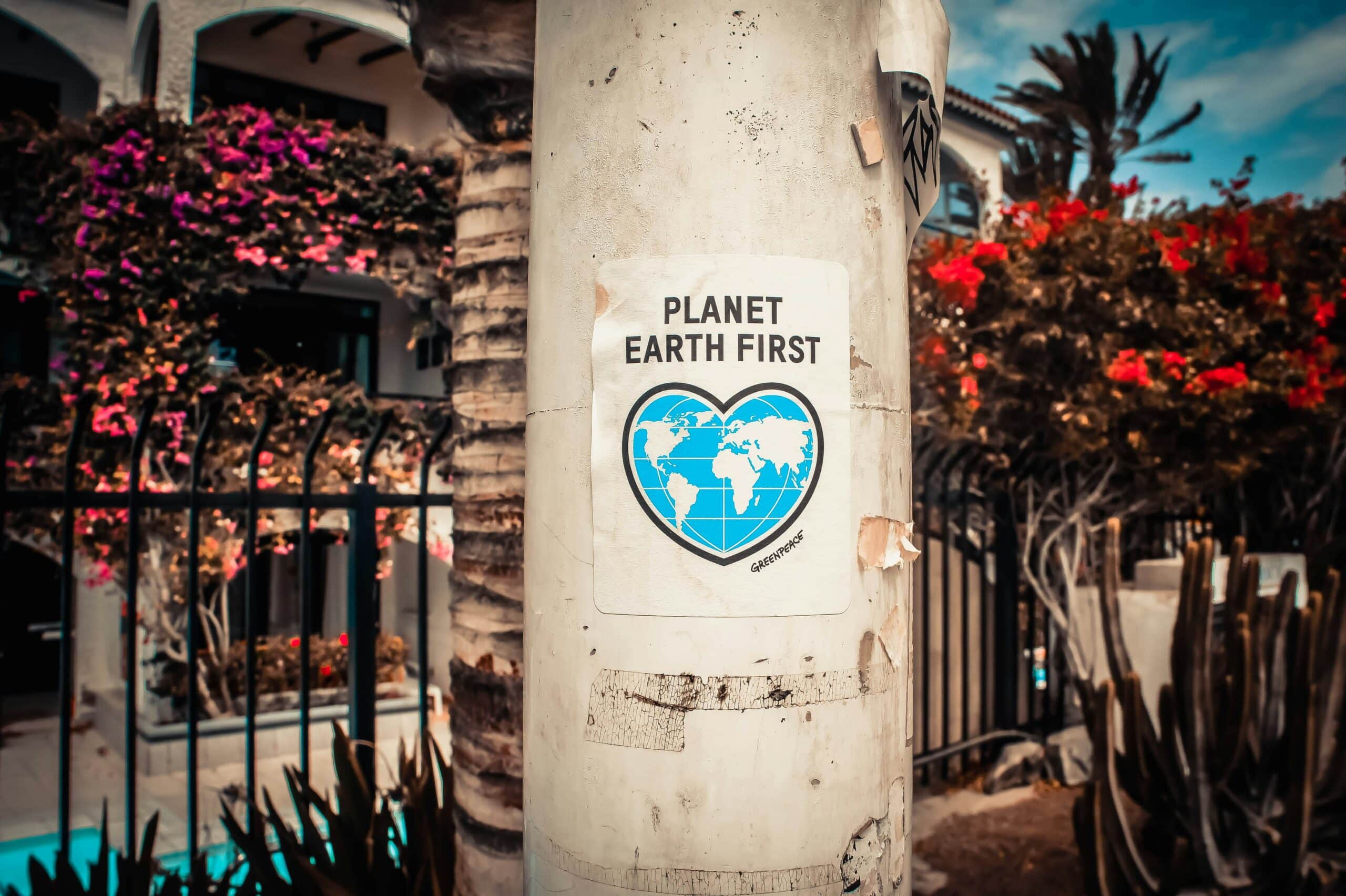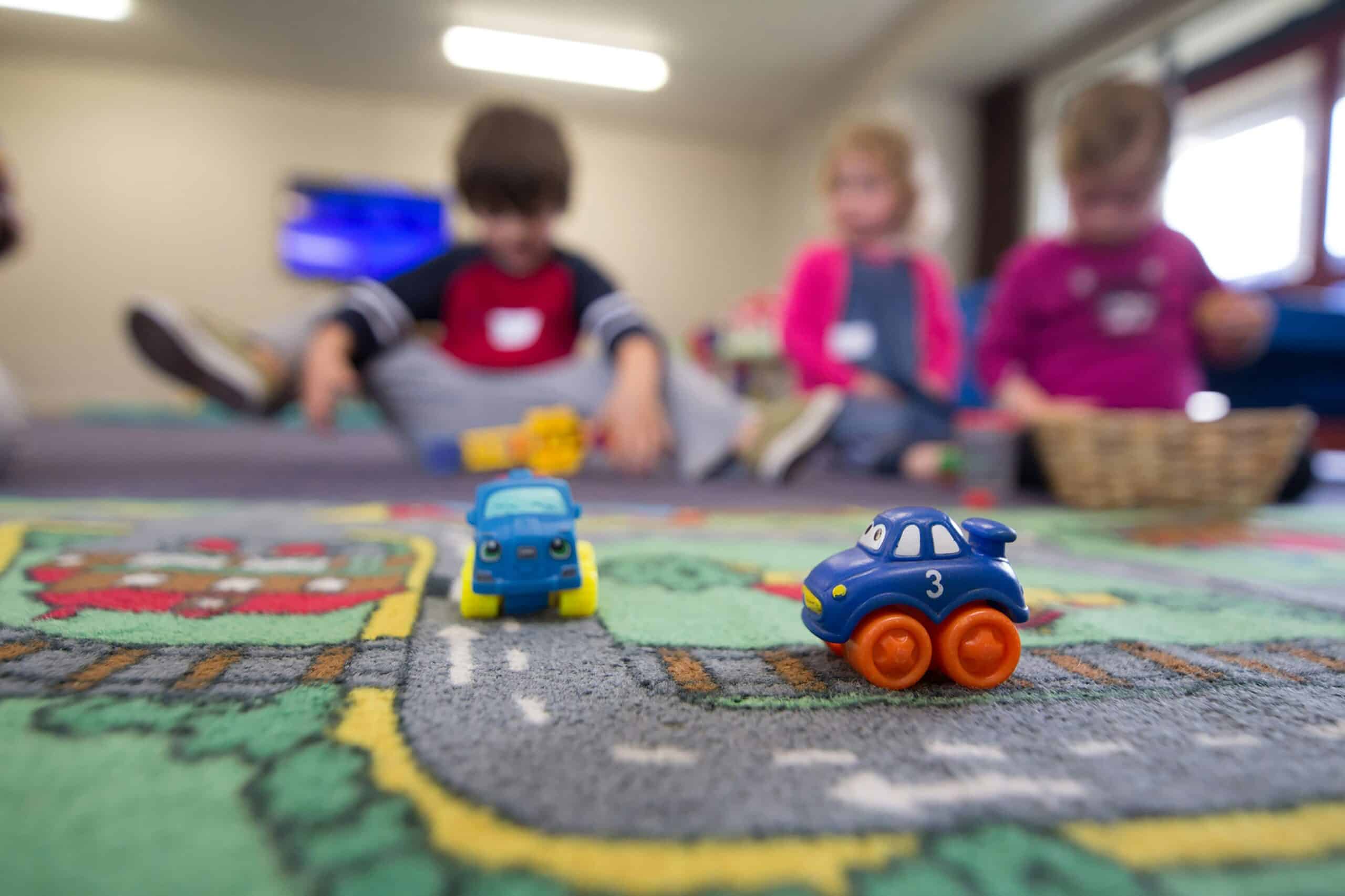Five tips to start eating sustainably
With so many of us looking for ways to lead a sustainable lifestyle, it’s important to think carefully about everyday choices. From the foods we eat to the way we use power in our homes, even the smallest habits count.
Making eco-friendly food choices is a fantastic way to lower your carbon footprint and make a positive difference. In this guide, we’ve covered five ways to adopt a greener approach to food.
How to eat more sustainably: Our 5 top tips
Grow your own food
If you have the garden space, growing your own food allows you to consume food in its most natural form: organic! Expect zero food miles, no packaging and full peace of mind that no nasty pesticides have been used on it.
Furthermore, nothing compares to the satisfaction of growing it yourself and saving money in the process. Whether you choose to grow vegetables in a polytunnel greenhouse in your garden or you’ve got some raised beds ready for herbs, there are so many simple ways to start.
Choose locally sourced, seasonal produce
Reducing food miles is a responsibility that lies with producers, suppliers and all consumers too. Being proactive about where your food comes from is an important part of the process – and it’s also one that means you’ll be supporting small and local businesses too. While buying locally produced food is one of the most environmentally friendly choices, it may also limit your overall choice. You’ll depend heavily on availability, so it’s likely that you’ll still need to use major retailers and grocery stores from time to time. However, every effort to use a smaller supplier helps.
Reduce your meat intake
A 2023 survey by Oxford University found that people who eat a lot of meat may produce an average of 10.24kg of greenhouse gases every day. That figure is likely to be even higher for people who eat lots of red meat like beef. Combined, it’s comparable to the emissions from millions of cars on British roads. Vegan diets produce the lowest levels of CO2, but vegetarian and pescatarian diets have a significantly lower impact than high-meat diets. By starting to reduce the amount of meat you eat, you can be confident that your carbon footprint will get lower too.
Minimise food waste
Food waste is a national and global problem that we need to face head-on. There are many ways to practise sustainable food consumption, starting with your buying habits. Many supermarkets offer ‘wonky’ products at low price points: these are quality food items, just with a slightly unconventional appearance. At home, try not to make more food than you can realistically eat – and always try to freeze leftovers or save them from being thrown out.
Choose eco-friendly packaging
Lastly, it’s always important to make mindful choices during your weekly food shop. Loose produce doesn’t need to be put in a plastic bag, so don’t be tempted to use the plastic packaging if it’s provided by the supermarket. You could always bring your own reusable bags with you. Choosing recyclable packaging is easier than you think. Look for options made from biodegradable or renewable materials, like corn-based bioplastics and natural bamboo.







